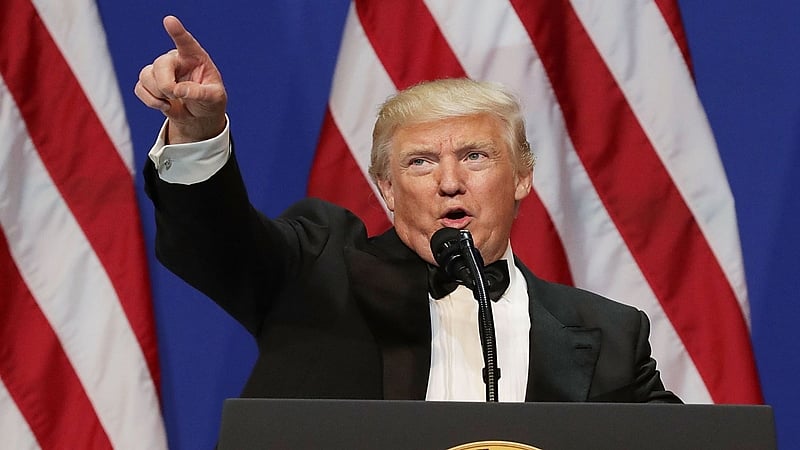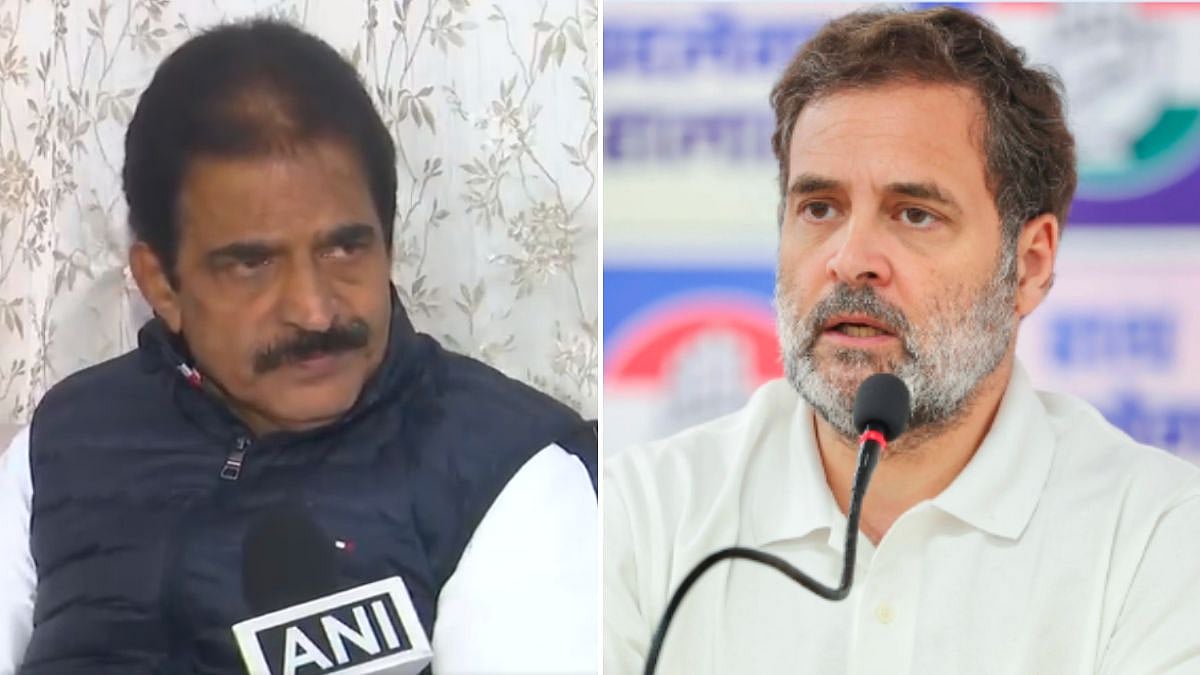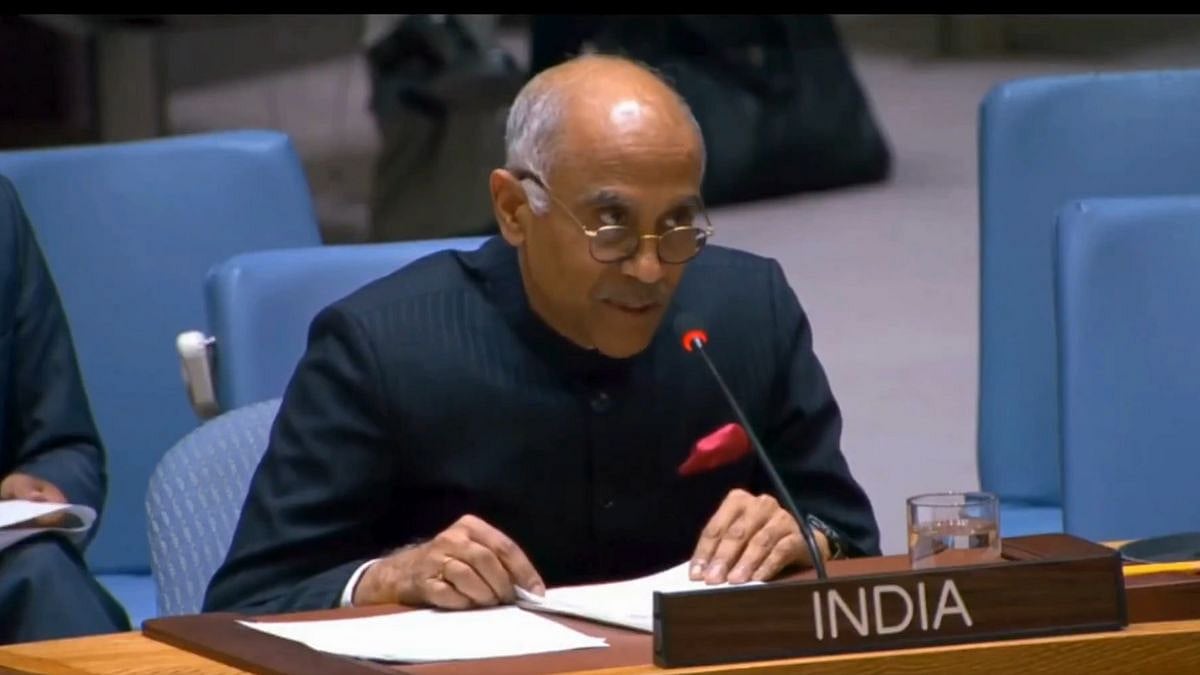On the face of it, unless things are not what they appear to be, Trump has done the unthinkable. He has stepped into the White House reaffirming his campaign promises. Boiled down to its hard core, the promise to make America ‘great’ once again is premised on the belief that the past few decades have witnessed a “carnage” domestically and that America must first rebuild its domestic capacities —“Hire American, buy American” — before it can set out to wave the flag globally.
There is a cynical expectation, at least among the global punditry, that wise politicians employ any expedient rhetoric to win elections and that, once victorious, do precious little to unsettle a cosy consensus. There was a quiet expectation in some quarters that the 45th President of the United States would do precisely that. Even after he made a joke of the entire polling industry and beat Hillary Clinton on November 8, there was a belief that Donald Trump should be allowed his indulgences — such as engaging with Taiwan and describing NATO as ‘obsolete’—till his inauguration on January 20, when the ‘system’ would move him silently and re-establish control.
On the face of it, unless things are not what they appear to be, Trump has done the unthinkable. He has stepped into the White House reaffirming his campaign promises. Boiled down to its hard core, the promise to make America ‘great’ once again is premised on the belief that the past few decades have witnessed a “carnage” domestically and that America must first rebuild its domestic capacities —“Hire American, buy American” — before it can set out to wave the flag globally. It is sufficiently clear that, despite the allurements of playing a global role and playing peacemaker in Afghanistan and West Asia, Trump’s priority is to make the small guy in Middle America feel good once again. This means restoring lost jobs, giving back job security, arresting urban decay and somehow restoring the American dream in its full glory.
In itself this is a noble aspiration. The uncertainties of globalisation have devastated communities and ruined a comfortable (if boring) existence that was the hallmark of the post-World War II America. To try and arrest that partial decline seems to be Trump’s promise and has the unequivocal backing of the majority of US citizens who still have faith in America as a land of opportunity. Of course this nostalgia offends the big gainers of the globalisation process whose investment decisions and calculations are based on transnational gain and loss. Globalisation has also spawned a multiculturalism and cosmopolitanism that are in conflict with the rootedness that Trump seeks to restore. No wonder there is a clash of two sharply contrasting world views.
The victory of Trump has, in fact, produced a curious role reversal. Last week, China’s Xi Jinping attended the grand conference of globalisers at Davos in Switzerland and delivered a speech that could just as easily have been made by an earlier American President. Indeed, the sight of China’s supreme leader singing praises of global free trade seemed very odd. Contrast this with Trump’s inaugural address where he advocated a robust protectionist regime and it is clear that global equations are being dramatically altered. Just as America is retreating into itself, China is stepping forward to assume the role of the champion of global free trade.
What adds to the complications of this global turbulence is the stated unwillingness of Trump to retreat from America’s over-ambitious global role. The new US President believes that the Iraq war was one of the biggest blunders in American history. His commitment to NATO is feeble because he feels that Europeans pay too little for the defence of Europe. And he doesn’t believe that America should be spending its energy and resources on the containment of Russia. Read together these suggest that Trump’s inclination is to reallocate American resources to rebuild the country’s domestic capacities.
If Trump isn’t persuaded by the State Department and Pentagon to reconsider his views and effect only token withdrawals, it would mean that there will be a power vacuum globally. If Russia uses the void to recreate a version of the erstwhile Soviet Union and China speeds up its hegemonic ambitions in Asia and even parts of Africa, it is likely that the post-1992 version of the unipolar world will have to be buried.
Does this signal an imminent danger to India? There are possible threats. If Trump focusses only on Homeland Security to counter Islamist terror, it is likely that we may see America becoming safer while the rest of the world becomes more dangerous. If China’s influence in Europe becomes more profound, would it give Beijing more space to lean on countries such as India, Japan and even Australia? If the US disengages from Pakistan, would Islamabad end up as a (troubling) colony of China?
These are questions that, as yet, have no easy answers. Trump nurtures a certain natural goodwill towards countries such as India, Israel and the United Kingdom. These are countries he relates to. Will that make a difference? The answer is: we don’t know. The new American doctrine is still work in progress and its contours will only become clearer after a year. Till then we can keep our fingers crossed and wait. Alternatively, we can use the troubled world situation to work relentlessly towards building our own economic and military capacities and forging links.
If there is one thing we should learn from Trump, it is to focus single-mindedly on making life better for our own citizens. The rest follows.
The author is a senior journalist and Member of Parliament,
being a Presidential Nominee to the Rajya Sabha









